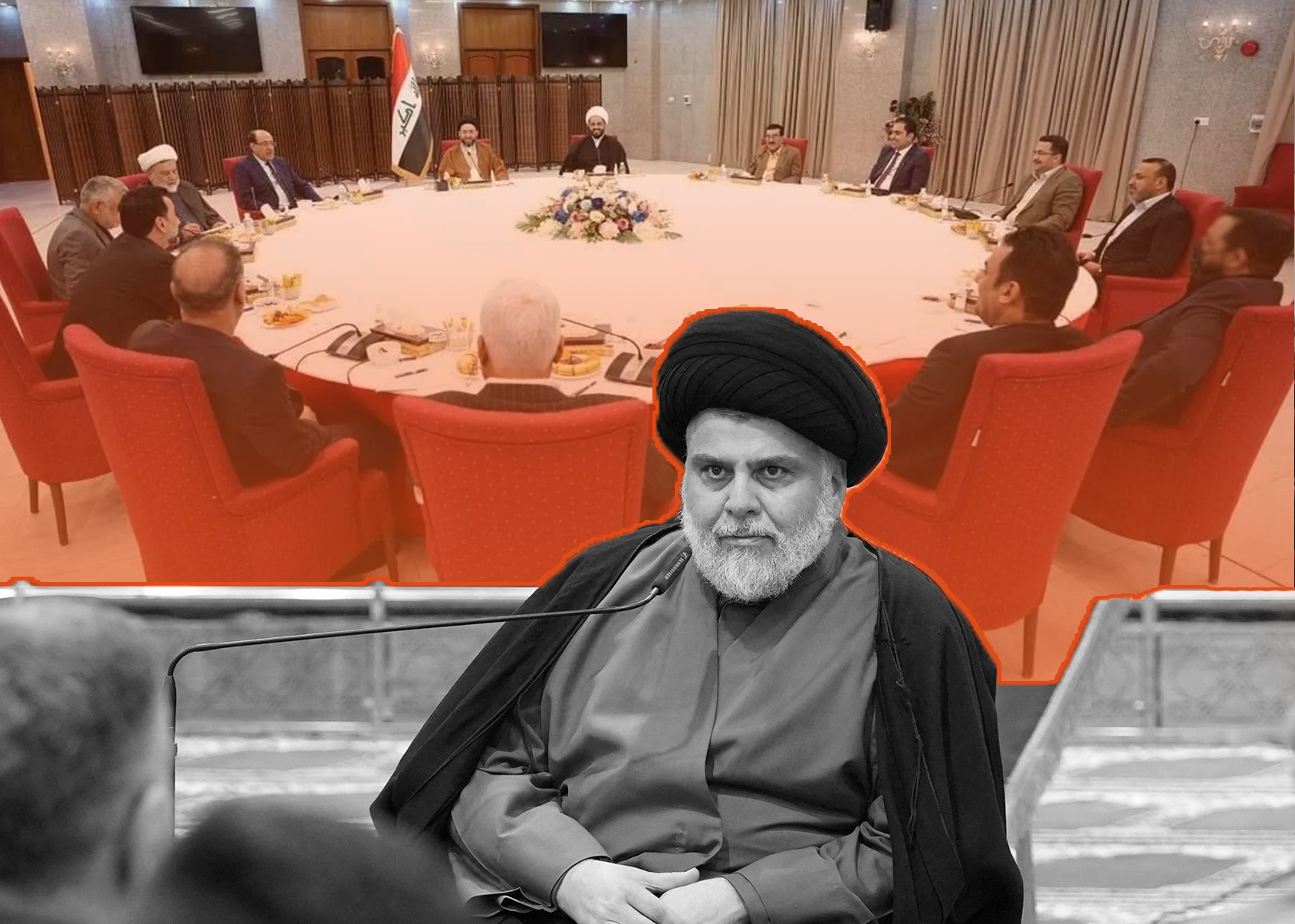More than 10 years after the last provincial elections, the Sudani´s government has committed itself to holding council elections on December 18, 2023, in light of its ministerial agenda approved by Parliament in October 2022, according to the High Electoral Commission. Currently, 294 parties and. 31 coalitions, 21 of which have registered for the first time, have expressed willingness to participate, while another 65 parties are trying to obtain permission to participate.
Considering the late elections, which cover only 15 central and southern governorates, as one of the most important stages both for drawing a map of the political streets in Iraq and for bridging the gap created by the dissolution of local councils after the 2019 demonstrations, legal deadlines and accusations of corruption. . After the formation of the coordination framework government, the elections will be a popular referendum on the position of the current Shiite front alone in power. Within this front, the weight and size of the two opposing poles are pitted against each other
The decision of the Shiite coordinating framework is to enter the process with different lists (with the exception of Kirkuk). According to the Commission, about four main lists have been registered in the Shiite framework, the main poles of which are Al-Maliki, Al-Hakim, Al-Amiri and Khazali, and according to an official statement issued by the coordination framework, the decision to enter the elections with multiple lists is a technical decision, but in fact it cannot be ignored that entering the framework The coordinating party with multiple electoral lists confirms the fact that this front, although it seemed united outwardly, could not deny the fact that the idea of the coordination framework was a compulsory and temporary gathering to fight the threat of al-Sadr’s rise, and during this year, after they gained power and formed the government, they were unable to end the differences. And transforming the coordinating framework into a solid political and electoral alliance.
While Muhammad Al-Shayaa Al-Sudani, represented by the Euphrates Movement, which won two seats in Parliament in 2021, decided not to participate in the upcoming provincial elections, although the former prime ministers (Mustafa Kazemi and Adel Abdul-Mahdi) did the same. However, Al-Sudani's non-participation in the elections is due to the Shiite parties because they are not comfortable with the prime minister, who has a three-year budget (2023, 2024, 2025), and the eyes of local and foreign media, to compete with them and has his own list. The decision not to participate can also be interpreted as protecting and preserving himself from defeat or a weak result, as his movement is not popular, and thus preserves his chances of running for the next prime ministerial term.
The biggest question after the Sudanese decision is how the Sadrist movement will participate in the elections, after they withdrew from Parliament in June 2022, leaving room for their opponents. In practice, al-Sadr has not yet made any preparations or reactions to the election procedures. It is clear that the decision to participate and boycott the Sadrist movement belongs exclusively to Muqtada al-Sadr, the leader of the movement. For his part, in the past months and weeks, Muqtada al-Sadr did not take any position on the work of parliament, elections or the government, and there are rumors that he did not allow his aides to discuss the matter with him.
Those who were al-Sadr's former allies (left and civilians) have given up waiting for him after a failed experiment, while others worried about the rise of the Shiite framework believe that al-Sadr's absence is a "big mistake" and have increased their seats in Parliament to 130. On the other hand, that The absence of the current in the political scene will further weaken the current and its popular bases are eager to return to political participation. It is also believed that despite attempts to reduce its role and influence, they are still an important link in governance, budget spending, project implementation, and monitoring of governors.
The government insists on holding elections later this year, and the commission continues to prepare, but there are still doubts about the process on its scheduled date, due to al-Sadr's unclear position, because the Shiite parties do not want al-Sadr to remain outside the al-Maliki process either. He believes that the elections will eventually be postponed to next spring for the sake of al-Sadr, especially since there are no signs of al-Sadr's willingness to participate. If the elections are held without al-Sadr, then the Shiite competitors will reap the benefit of al-Sadr's resignation and divide the seats of the Shiite provinces among themselves, as they did in parliament over 73 seats for representatives of this movement, which will be the current government, parliament and provincial councils completely controlled by the coordination framework, confrontation and real competition. between two sides. Postponed until the next general election.
And while al-Sadr was away from the political process, he appeared more as a Shiite leader and jurist, as he sometimes interpreted the Qur’an and texts, and sometimes called for taking positions on religious issues, and all his activities, appearances and positions on religious issues related to anti-homosexuality and defending the Qur’an and limiting it to reviving rituals Shiites from Muharram. If he takes several steps to realize his dream of becoming a mujtahid and becoming the reference for his movement, he can easily compensate for the damages and bad consequences of withdrawing from the political process, because the current problems of the Sadrist movement are a problem. The religious vacuum and the absence of the traditional marja’ from participating in the political process, especially after Ayatollah al-Hari’s withdrawal from issuing fatwas and the marja’s work. If the Sadrists open this big knot during this period and in this expectation, they will still be able to benefit and they can return to the political process whenever they want and compensate for the damage they might cause by boycotting the elections.



